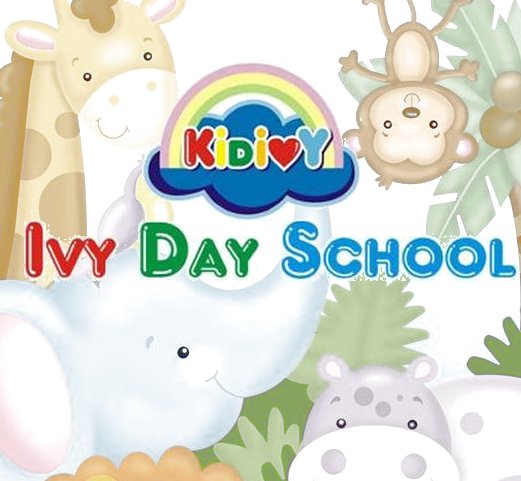Get the Best Kid-Friendly Activities
Sent to You Weekly!
Resist the temptation to smooth things over. Here’s a classic scene: A wheel has fallen off your child’s small truck, and she is wailing in dismay as a result. For parents, it can be tempting to fix the truck. After all, for us, that’s easy (and stops the tears handily). But doing so might not be doing your child any favors. “Remember who owns the problem, and try to avoid bailing your child out,” Dr. Schwab says. Instead, offer empathy (Isn’t it frustrating that the wheel fell off!) and ask helpful questions geared toward your child’s age and understanding (What do you want to do? How can we fix this? Do you think that wheel can be reattached?) “This strategy gives kids the confidence and ability to fix problems on their own and encourages them to think for themselves,” Dr. Schwab says.
Don’t keep your own failures hidden.
Think about how you share stories of your own life with your children. Do you talk only about your successes? Here, as in every other area of your life, be a role model to your children: Share your triumphs in work and life, but don’t shield your child from the process—the successful meeting that was the result of devoting a full weekend to creating and practicing a presentation, for instance. Share the negative feedback and disappointments as well, along with how you overcame those challenges.
Encourage kids to be intelligent risk takers.
Dr. Rende recommends parents “let kids do things where they might not be the stars” and encourage kids to take risks. Doing this helps inculcate a growth mindset in your child—and encourages them to not settle for only doing tasks where they’ll perform well. “Failure is an important part of the learning process,” Dr. Schwab says. He recommends parents get in the habit of tacking on the word “yet” to negative statements. If your child is crying that he can’t fix that truck’s wheel, you might subtly inspire him by responding, “You can’t fix that truck’s wheel—yet!” Practice and perseverance alone can’t make a person run as fast as Usain Bolt, Dr. Schwab points out, but that doesn’t mean it won’t lead to improvements. In everyday life—unlike the Olympics—there’s more value to trying and improving than to chasing after the gold medal.
Separate out external markers.
In a child’s world, there are a lot of definitive moments of evaluation: grades, competitions, sports victories, and defeats. Perhaps more than adults, children have to deal with rankings and concrete feedback. Dr. Rende describes all of these evaluations as being a statement in a moment of time, and encourages parents to keep kids focused on the process, instead of the result. “We really want to eliminate the word failure, but we also want to eliminate the word success. It’s best for kids to focus on process and being in control of their learning,” he says. Ask children to think about what they learned from the experience, and encourage them to be open to feedback beyond the grade.
As parents, it can be painful to think of your child experiencing pain, frustration, or failure. But research tells us allowing your child to fail—and then helping them think through how to respond to this setback—allows kids to build the framework they need to learn from the moment, and get insight into how to move on from failure in the future.
RELATED:






